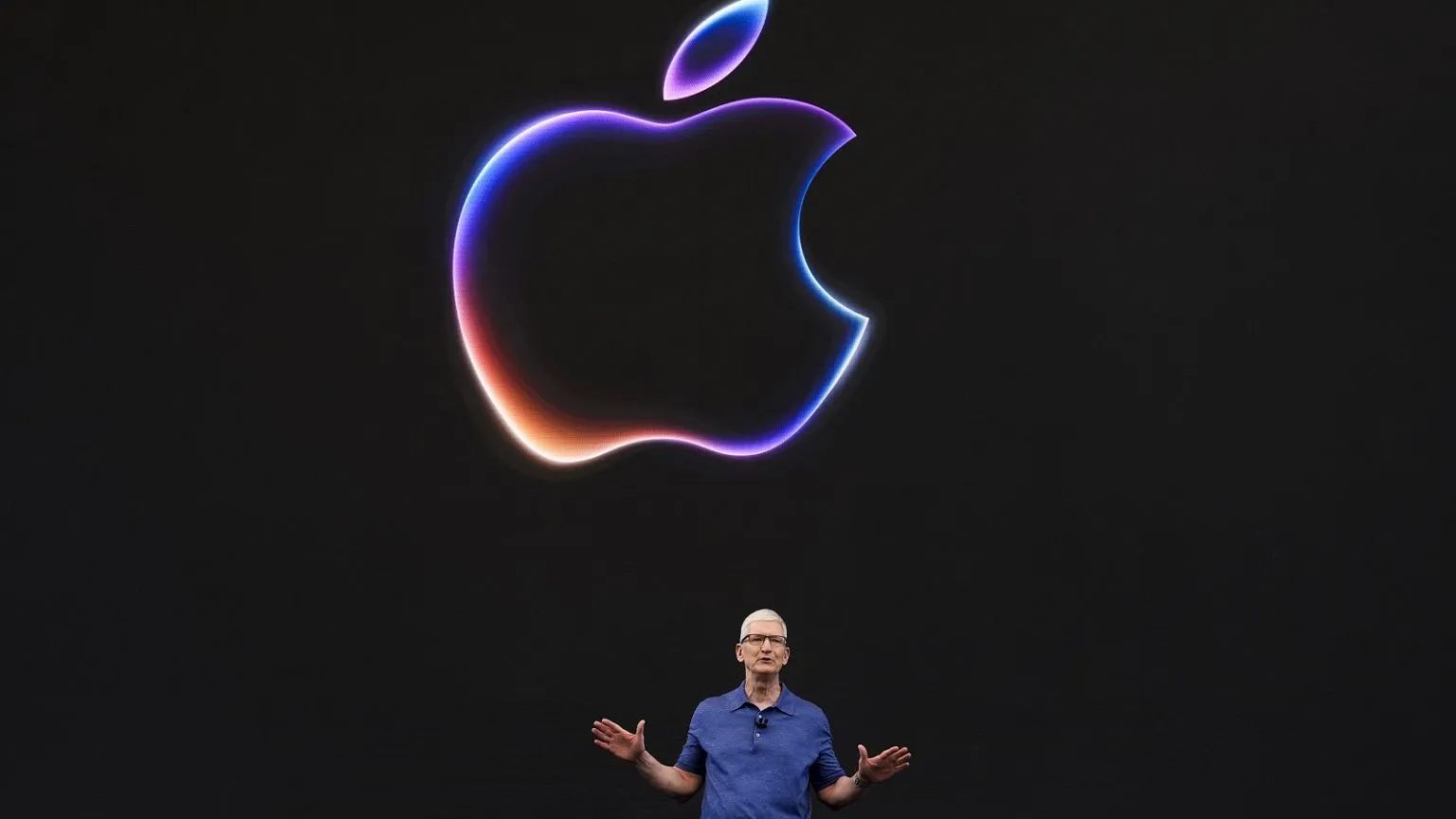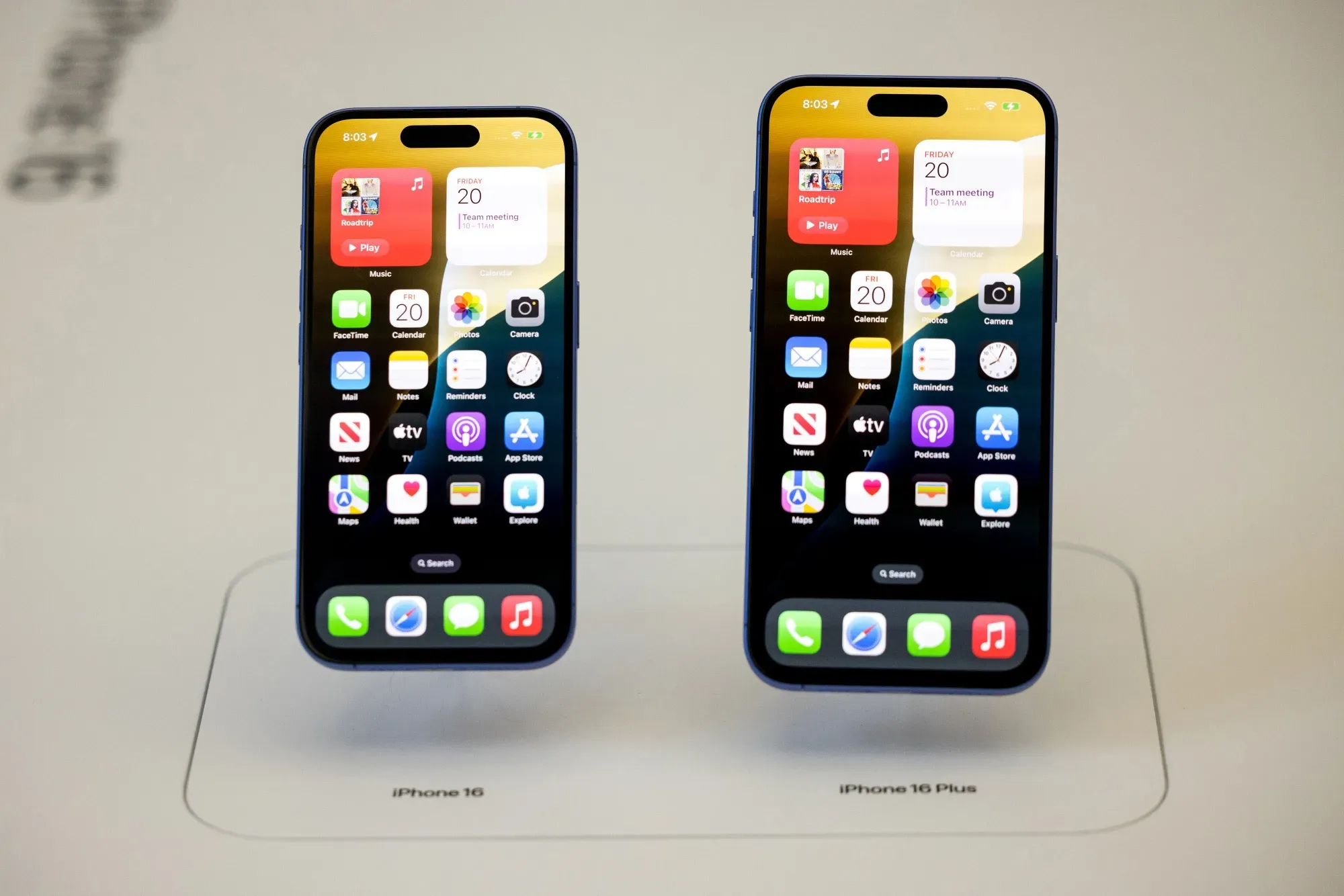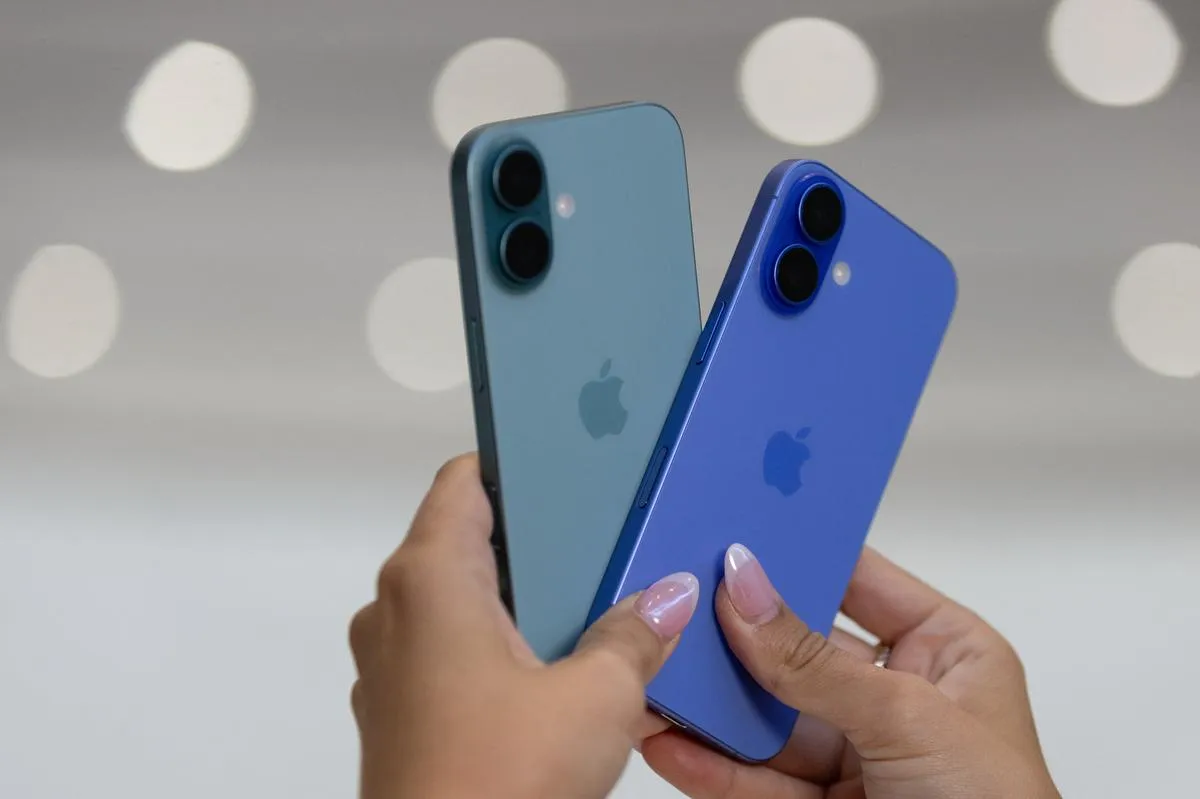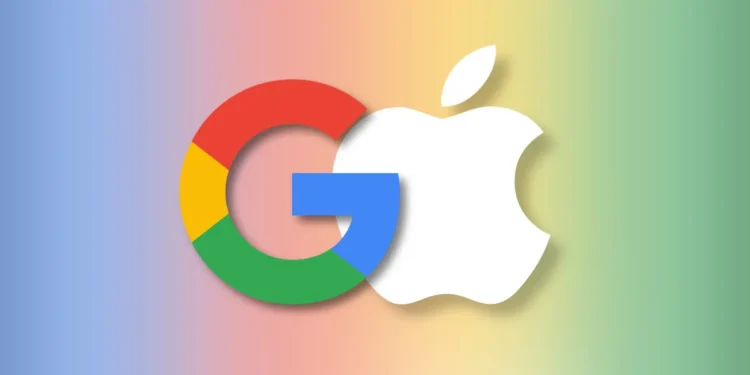Alphabet’s CEO Sundar Pichai has made headlines during the ongoing antitrust trial surrounding Google’s online search business. In a recent court hearing, Pichai revealed that Alphabet is on track to strike a licensing deal with tech giant Apple, with expectations that the deal will be finalized by mid-2025. The deal would see Apple’s iPhones equipped with Google’s powerful Gemini artificial intelligence engine, marking a significant shift in the tech landscape.
The announcement comes as both companies face unique challenges in the realm of AI technology. Apple, while known for its sleek hardware, has struggled to catch up with competitors in the artificial intelligence space, especially with its iPhone assistant, Siri. Google, on the other hand, has made major strides with its Gemini AI model family, a direct competitor to OpenAI’s ChatGPT.

Apple Seeks to Bolster AI Strategy with Google’s Gemini
Apple has been relatively quiet in terms of AI development, especially with its digital assistant Siri falling behind in the AI race. Last year, Apple launched “Apple Intelligence,” a collection of AI-driven features. However, the rollout of these features has not had the impact Apple had hoped for, leaving users underwhelmed.
Pichai’s comments in court came at a crucial time. Google’s Gemini, which is gaining traction as a formidable AI platform, could provide the much-needed AI boost for Apple’s devices. According to Pichai, a deal between the two companies could see Gemini running on iPhones by the end of 2025, giving Apple a competitive edge in the rapidly evolving AI market.
“We expect to have something in place with Apple by mid-year,” Pichai stated during the hearing. “Gemini is a powerful AI engine, and we believe it can make a meaningful impact on iPhone’s AI features.”
The Courtroom Drama: Google’s Ongoing Antitrust Battle
While these potential changes in the tech landscape are exciting, they are unfolding against the backdrop of a high-profile legal battle. Google’s business practices in the search engine space are under scrutiny, with the Department of Justice (DoJ) currently pursuing an antitrust case against the company. Last year, Federal Judge Amit Mehta ruled that Google had unfairly maintained a monopoly in the online search market.
One of the most contentious aspects of the case is the hefty payments Google makes to Apple in exchange for being the default search engine on iPhones. These payments are believed to amount to billions of dollars each year, and the DoJ argues that this deal prevents other search engines from gaining traction in the market.

As the trial progresses, Pichai’s mention of a potential Apple licensing agreement could play a crucial role in the discussions surrounding Google’s future in the tech world. The ongoing investigation could lead to significant penalties for the company, with some experts even predicting the possible forced sale of Google’s Chrome browser.
Apple’s AI Ambitions: Will More Third-Party AI Models Be Integrated?
Pichai’s revelations during the court hearing also shed light on Apple’s future AI plans. He mentioned that Apple CEO Tim Cook had informed him that more third-party AI models would be integrated into Apple Intelligence later this year. This includes a partnership with OpenAI, which has already had some success in the AI space with its ChatGPT chatbot.
Apple’s interest in diversifying its AI offerings is a clear attempt to strengthen its position in a competitive landscape dominated by the likes of Google, OpenAI, and Meta Platforms. While Apple’s strategy remains to be fully seen, the move to integrate third-party AI technologies like Gemini could accelerate the company’s AI ambitions.
Stock Market Reactions: Apple and Google Face Different Fortunes
As the legal battle continues, both companies are feeling the pressure on the stock market. Alphabet’s stock dipped by over 1%, trading at 157.52, as investors reacted to the broader sell-off in the Nasdaq composite. Meanwhile, Apple’s stock experienced a modest rise, inching closer to 212, reflecting investor confidence in the company’s future performance.
The contrast in stock market movements illustrates the different challenges facing the two companies. While Apple’s stock remains relatively stable, Alphabet’s stock is facing pressure due to ongoing legal concerns and the looming uncertainty surrounding the outcome of the antitrust trial.

What’s Next for Alphabet and Apple?
As we look toward the future, both Alphabet and Apple are at critical junctures in their technological and financial journeys. For Apple, a successful licensing deal with Google could represent a massive leap forward in its AI capabilities, allowing the company to compete more effectively against its rivals. For Alphabet, the trial and its potential penalties could shape the company’s business strategy for years to come.
In the coming months, all eyes will be on the outcome of the antitrust case and whether Apple will integrate Gemini AI into its devices as planned. Pichai’s optimistic comments about the future of AI collaborations signal that the competition in the tech industry is about to get even fiercer, with both companies racing to define the future of artificial intelligence.










